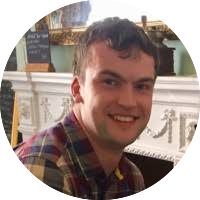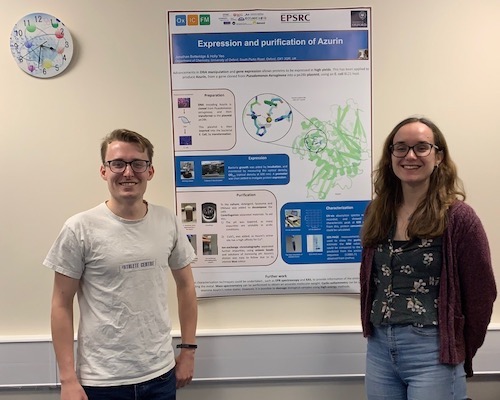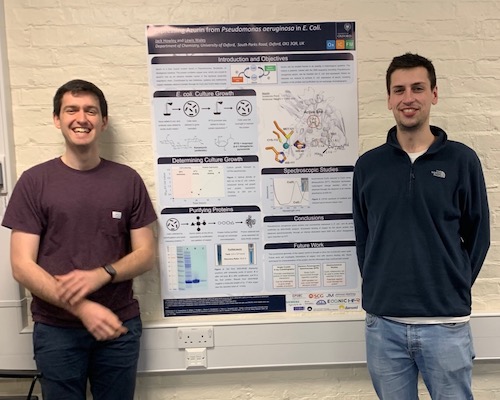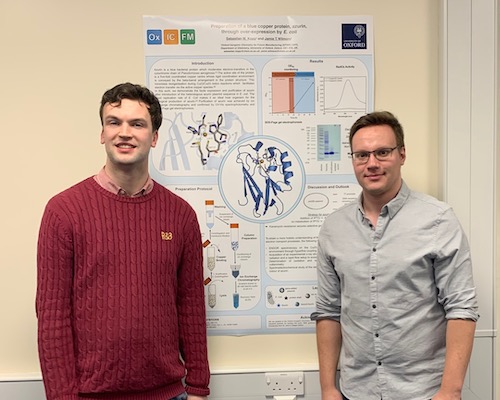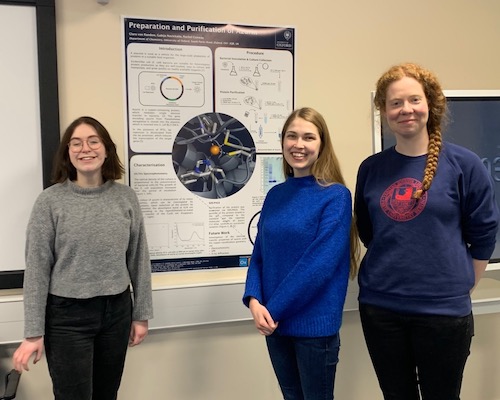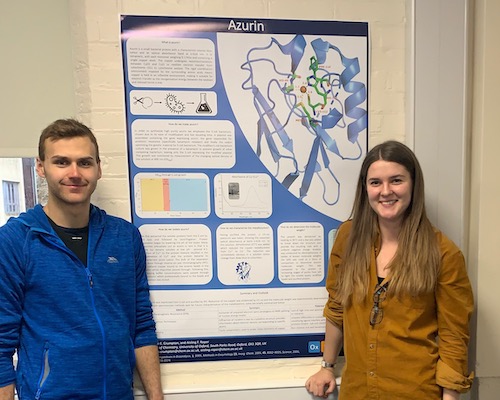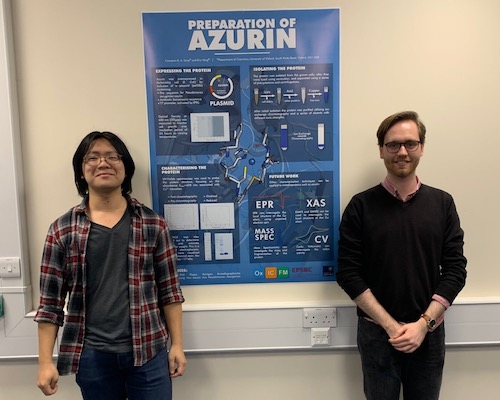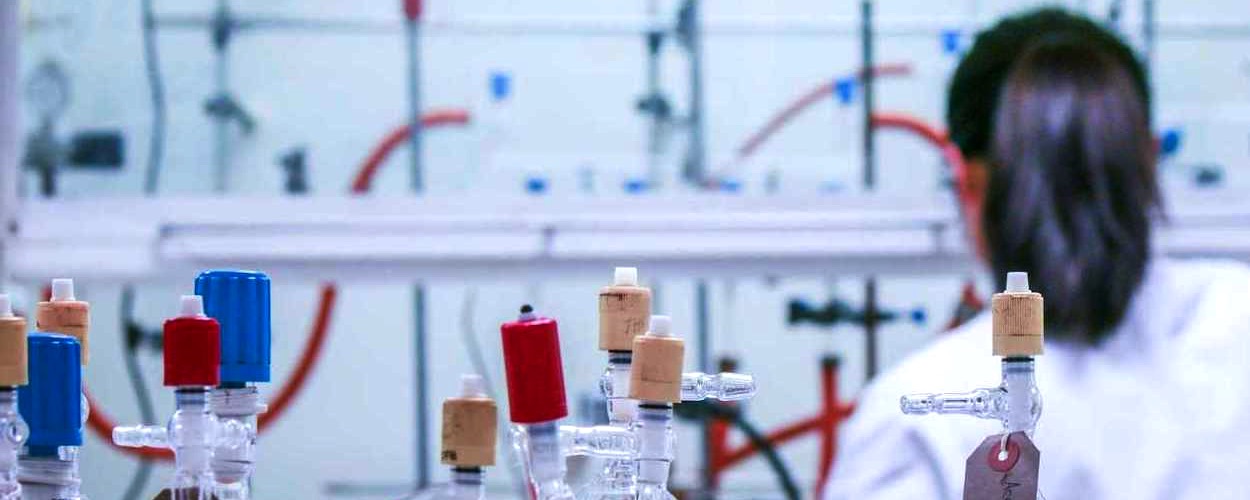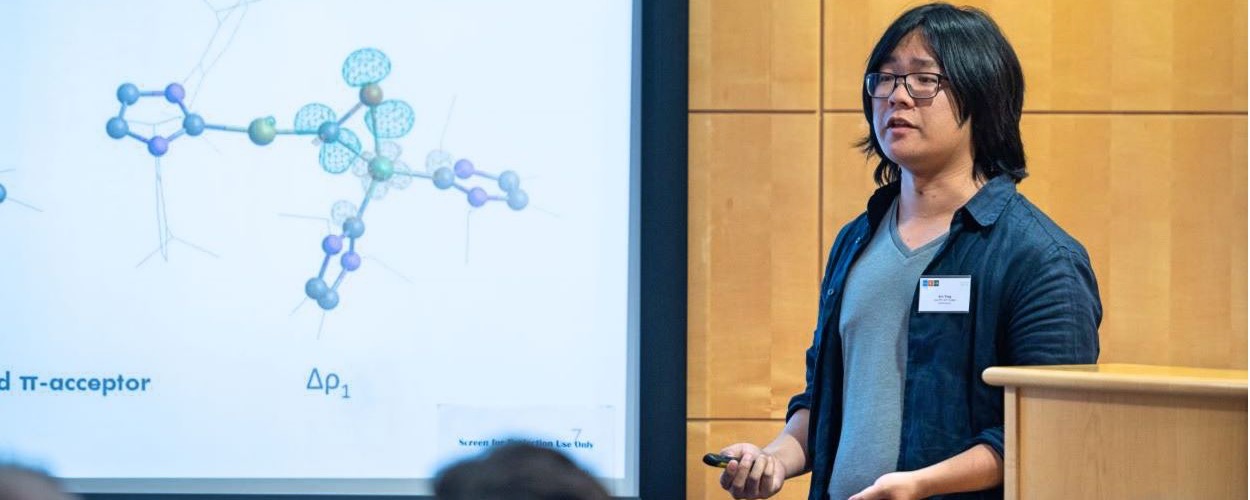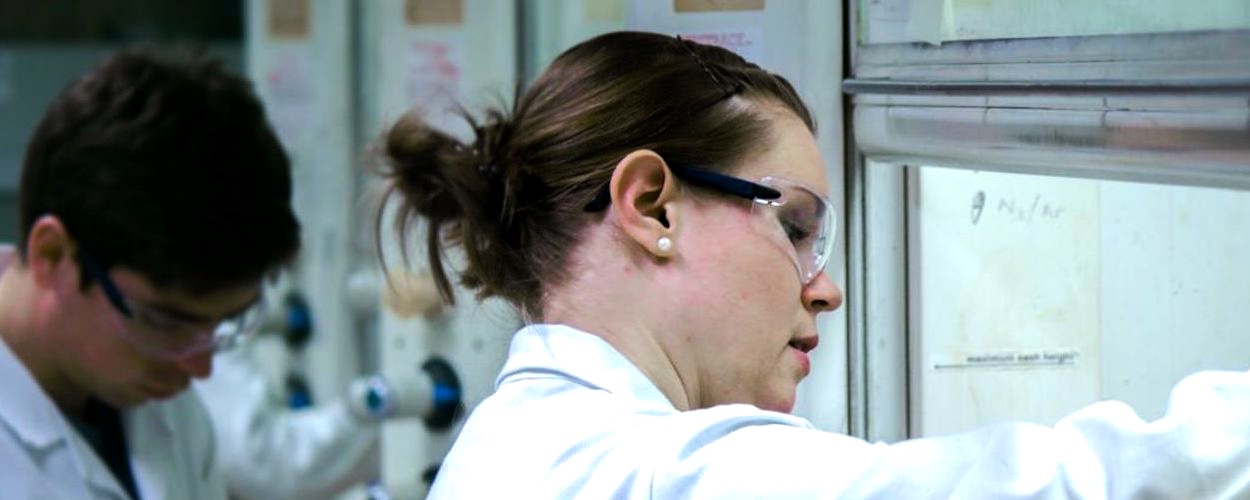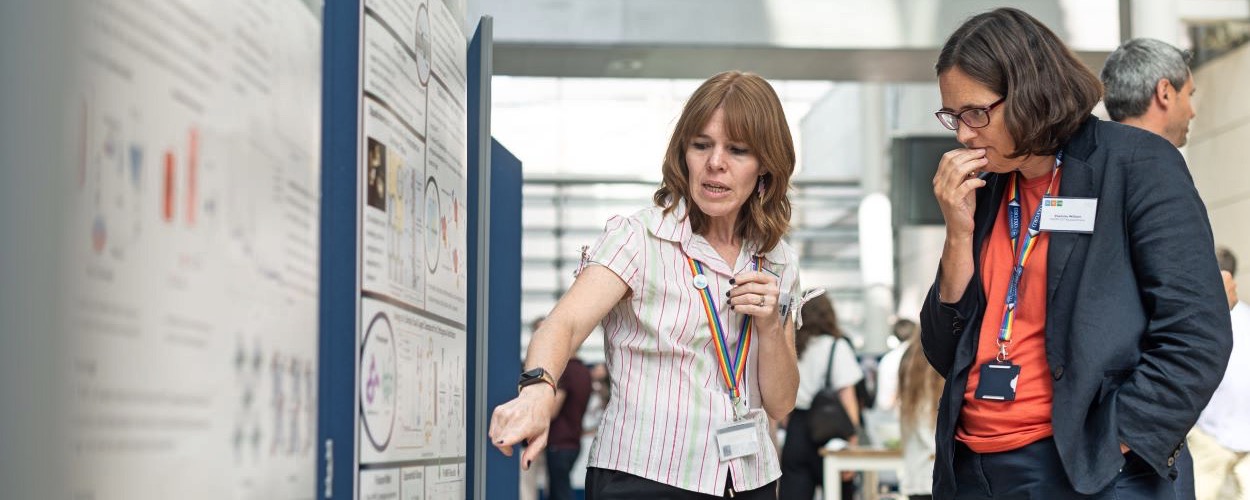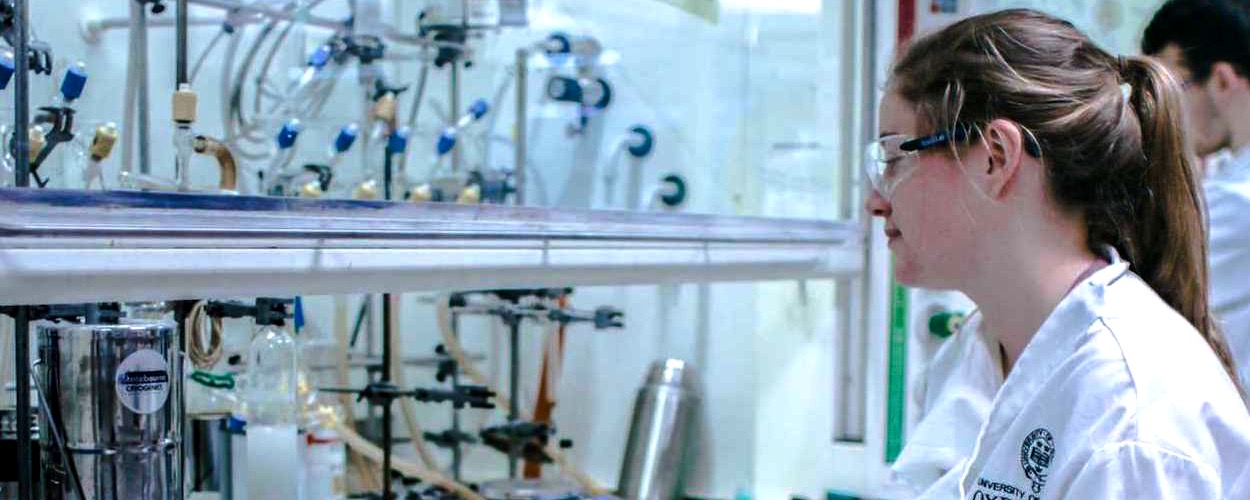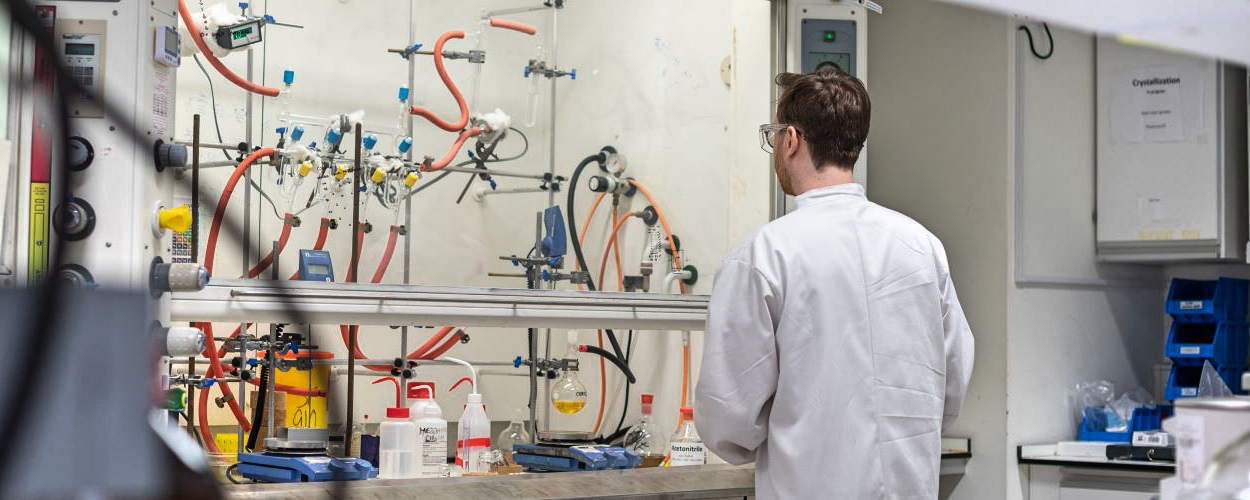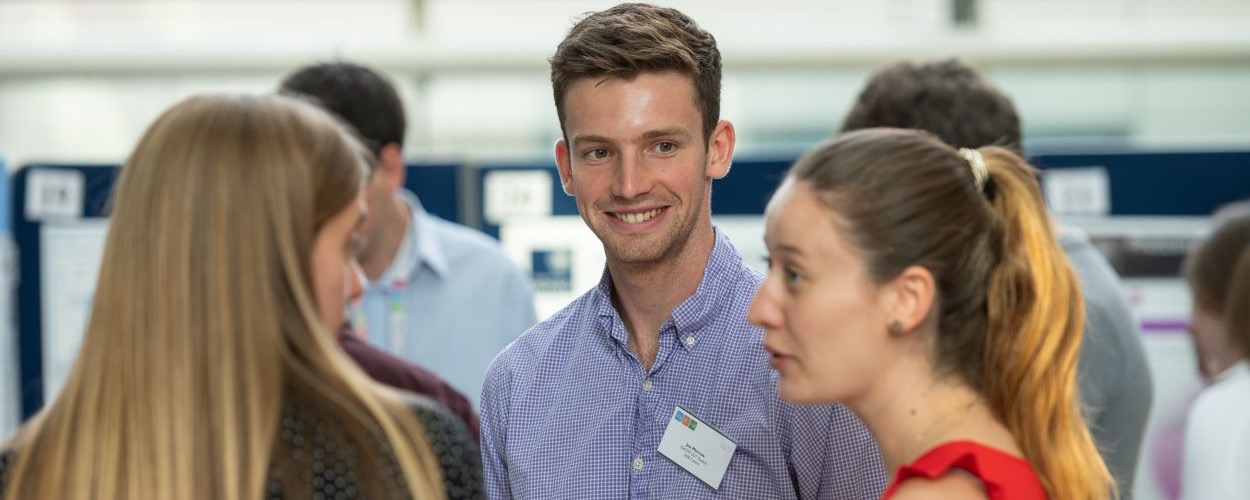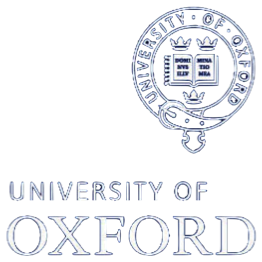Taught course
Our unique training programme is spread over four years, and comprises six months of taught courses taken by the whole cohort in the first half of the first year, followed by a substantive research project.
It provides a broad training across inorganic synthesis at different length scales (molecular, nano-scale and extended solids) together with in-depth research-based training in one area. Taught courses feature integrated industry/academic components for a holistic understanding of fundamental principles and the delivery of a chemical product. Involvement of ten diverse industrial partners allows for training that is relevant to a range of different business sectors and sizes.
Training modules involve lectures, problem classes, tutorials, site visits and advanced practical components. All modules involve some aspect of formal assessment, including written reports, problem solving, and group and individual presentations. Key aspects of the taught course are highlighted below.
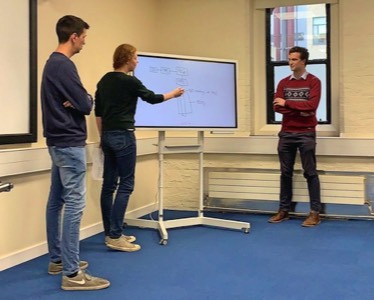
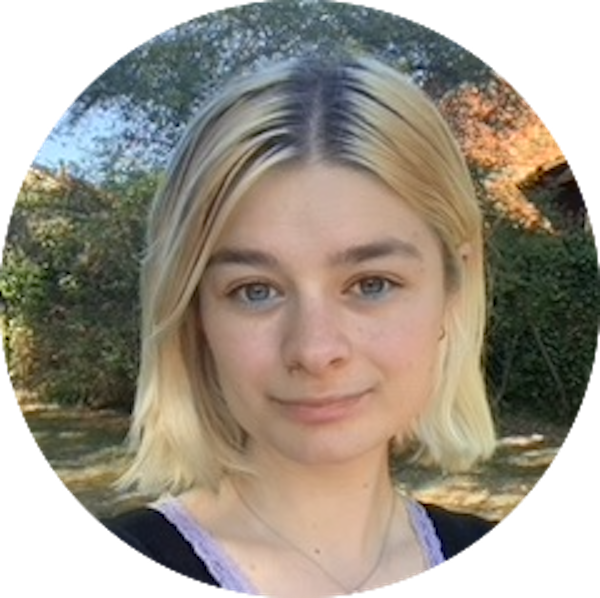
- Induction
Two weeks of induction exercises and events to welcome the cohort of students to the programme.
- Introductory Modules
Three introductory modules covering molecular, nano-scale and extended materials chemistry, designed to bring all members of the cohort up to the same level of mastery.
- Core Modules
Eight core integrated technical modules designed to give a holistic understanding of key topics in inorganic synthesis, from fundamental principles, through the scale-up and process engineering required to manufacture a product.
- Advanced Option Modules
Four advanced option modules covering advanced topics in the application of inorganic synthesis to manufacturing. Students will be able to choose modules in year 1 with additional modules being taken in years 2-4.
- Advanced Laboratory Course
An advanced laboratory course featuring extended investigations covering molecular, nano-scale and extended materials chemistry, together with a week-long project looking at scale up and chemical engineering.
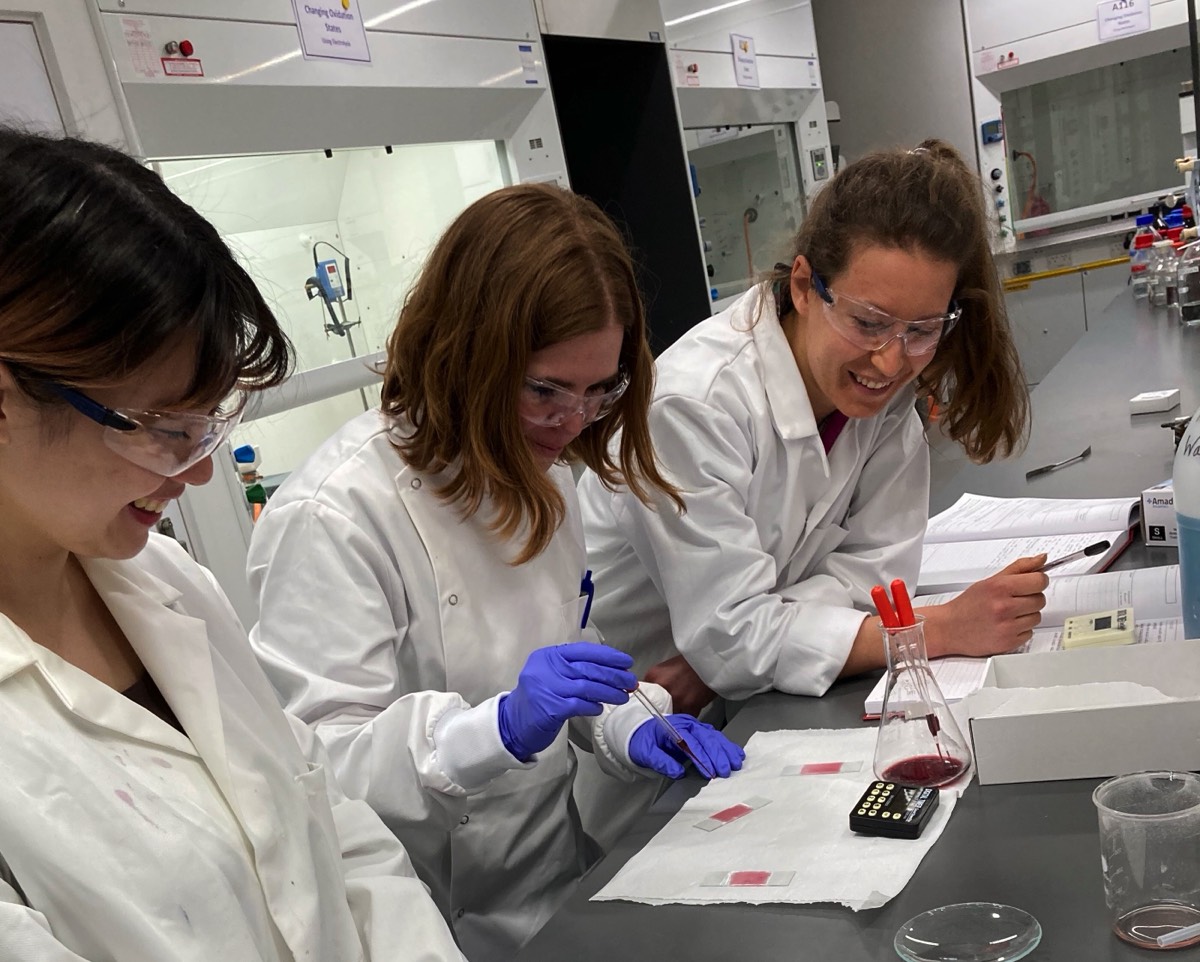
- Responsible Research and Innovation (RRI)
A module covering issues relating to responsible research and innovation (RRI) in academic, publishing and innovation/corporate contexts. It will cover essential concepts underpinning RRI, and the responsibilities of scientists and industry both to end-users and to society.
- Professional Skills Development
Professional skills training will deliver the key skills necessary to conduct and present research. It will run throughout the OxICFM CDT programme and exploit courses delivered by the University’s Mathematics, Physics and Life Sciences Division (MPLS) Graduate School.
- Summer school
An annual summer school encompassing research presentations and training in outreach and public engagement.
